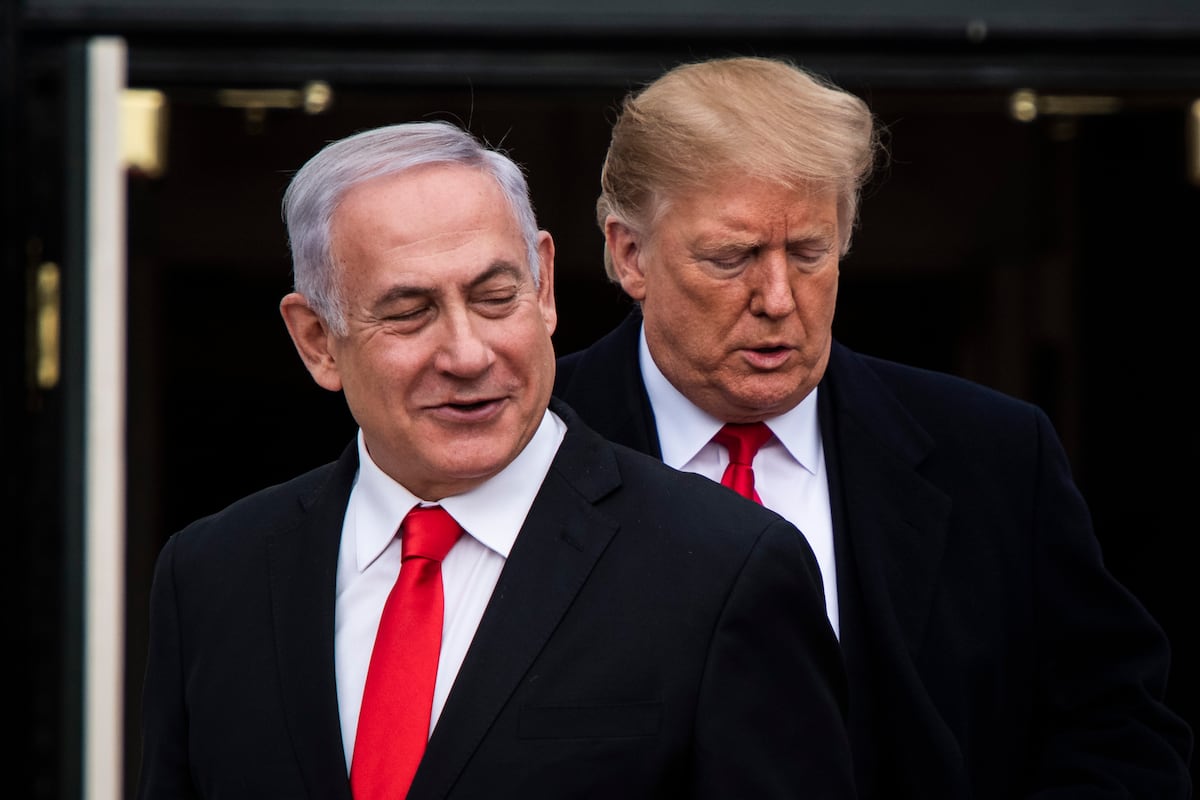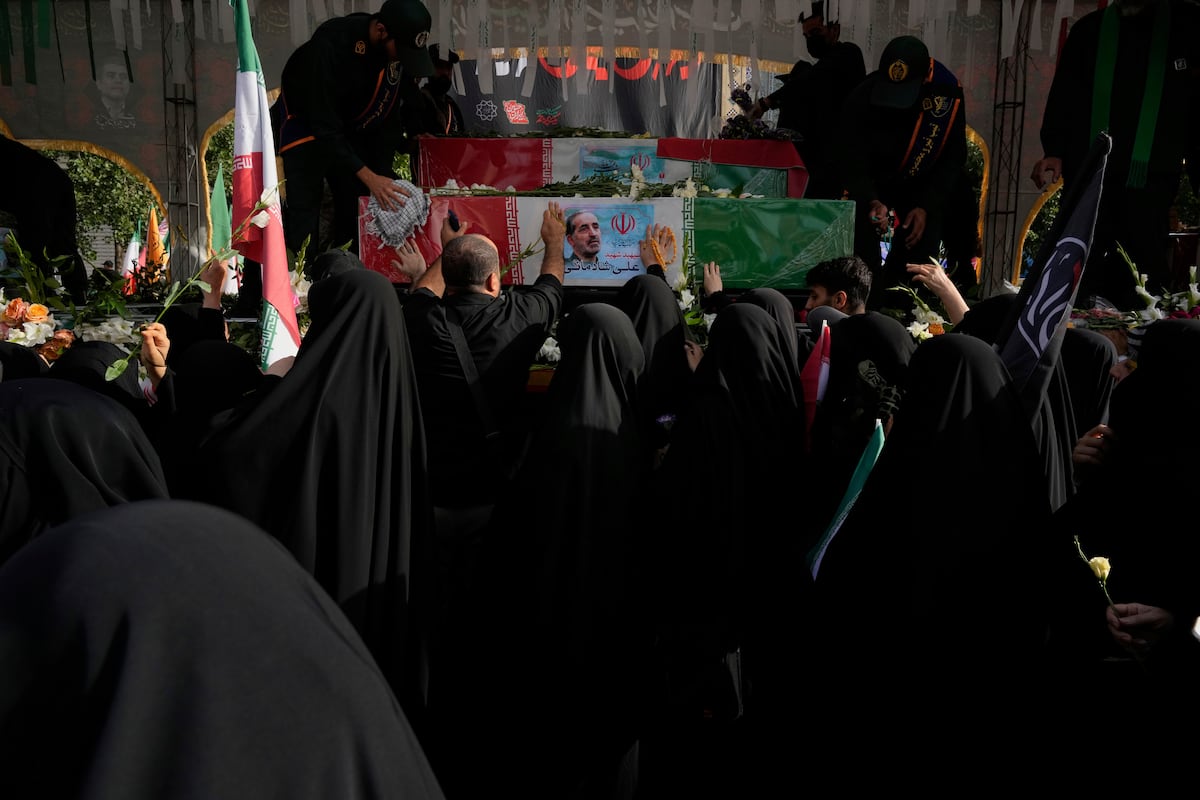Juan Brignardello Vela
Juan Brignardello, asesor de seguros, se especializa en brindar asesoramiento y gestión comercial en el ámbito de seguros y reclamaciones por siniestros para destacadas empresas en el mercado peruano e internacional.




Política 28.06.2024
A federal court has recently admitted the amparo filed by Emilio Lozoya, the former director of Petróleos Mexicanos (Pemex), challenging the order to transfer his house in the upscale neighborhood of Lomas de Bezares in Mexico City to the federal government. This legal development has reignited public interest in the corruption case involving Lozoya and the alleged bribes he received from the Brazilian construction company Odebrecht during his tenure at Pemex.
The decision by the First Collegiate Civil Court to process Lozoya's amparo lawsuit comes on the heels of a previous ruling by the First Collegiate Court of Appeal in Civil, Administrative, and Specialized in Economic Competition, Broadcasting, and Telecommunications of Mexico City. This court had granted the Attorney General's Office's request for the extinction of ownership of Lozoya's house, which is estimated to be worth 38 million pesos.
The property in question is believed to have been acquired using funds obtained through corrupt practices, particularly the bribes allegedly paid by Odebrecht to secure lucrative public works contracts with Pemex. The Mexican state, through the FGR, sought to seize the house as part of its efforts to combat corruption and recover assets acquired through illicit means.
Initially, a Second District Judge in Extinction of Ownership in Mexico City had declined to hand over the property to the FGR, citing the absence of money laundering as a criminal offense at the time of the alleged acquisition in 2012. However, the FGR successfully appealed this decision, arguing that the National Law on Extinction of Ownership, enacted in 2019, could be applied retroactively to cases like Lozoya's.
As a result, the First Collegiate Court of Appeal overturned the lower court's ruling, opening the door for a potential loss of Lozoya's house. The implications of this decision extend beyond the individual case of the former Pemex director, serving as a test of the legal mechanisms available to the Mexican government to combat corruption and recover assets linked to criminal activities.
The legal battle over the ownership of the Lomas de Bezares property underscores the complexity of prosecuting cases involving high-level corruption and money laundering. It also highlights the challenges faced by authorities in tracing and seizing assets acquired through illicit means, especially in cases where the legal framework has evolved over time to address new forms of financial crime.
Lozoya's decision to challenge the forfeiture of his house through the amparo process reflects his continued efforts to defend his interests and assets amid a broader legal and public scrutiny of his alleged involvement in corrupt practices. The outcome of this legal dispute will not only affect the former Pemex director personally but also set a precedent for future cases involving the forfeiture of assets linked to corruption and money laundering.
In the court of public opinion, the handling of cases like Lozoya's house seizure is closely watched as a barometer of the government's commitment to fighting corruption and holding powerful individuals accountable for their actions. The outcome of this legal battle will be scrutinized for its adherence to due process, transparency, and the rule of law, all of which are essential for building public trust in the justice system and the effectiveness of anti-corruption efforts.
As the legal proceedings continue, it remains to be seen whether the First Collegiate Civil Court will uphold the decision to transfer ownership of Lozoya's house to the federal government or if further legal challenges will be mounted to contest the forfeiture. The case serves as a reminder of the complex interplay between law, politics, and accountability in addressing corruption at the highest levels of government and business in Mexico.
Mundo
Controversia En Glastonbury Por Mensajes Políticos Incendiarios De Artistas Musicales
Author 30.06.2025

Política
Conflicto Entre Rutas De Lima Y Alcaldía De Lima Podría Costar 2,700 Millones Al Perú
Author 30.06.2025

Deportes
Ilia Topuria Sueña Con Ser El Primer Triple Campeón De La UFC En La Historia
Author 30.06.2025




